In that context, the First Session of the First National Assembly only lasted for 4 hours, from 9:00 to 13:00 on March 2, 1946 at the Hanoi Opera House. With such limited time, the National Assembly could only carry out the most basic and urgent contents, including the establishment of the State and State agencies, including the Resistance Coalition Government and Government agencies; the National Assembly Standing Committee and the establishment of the Constitution Drafting Committee.
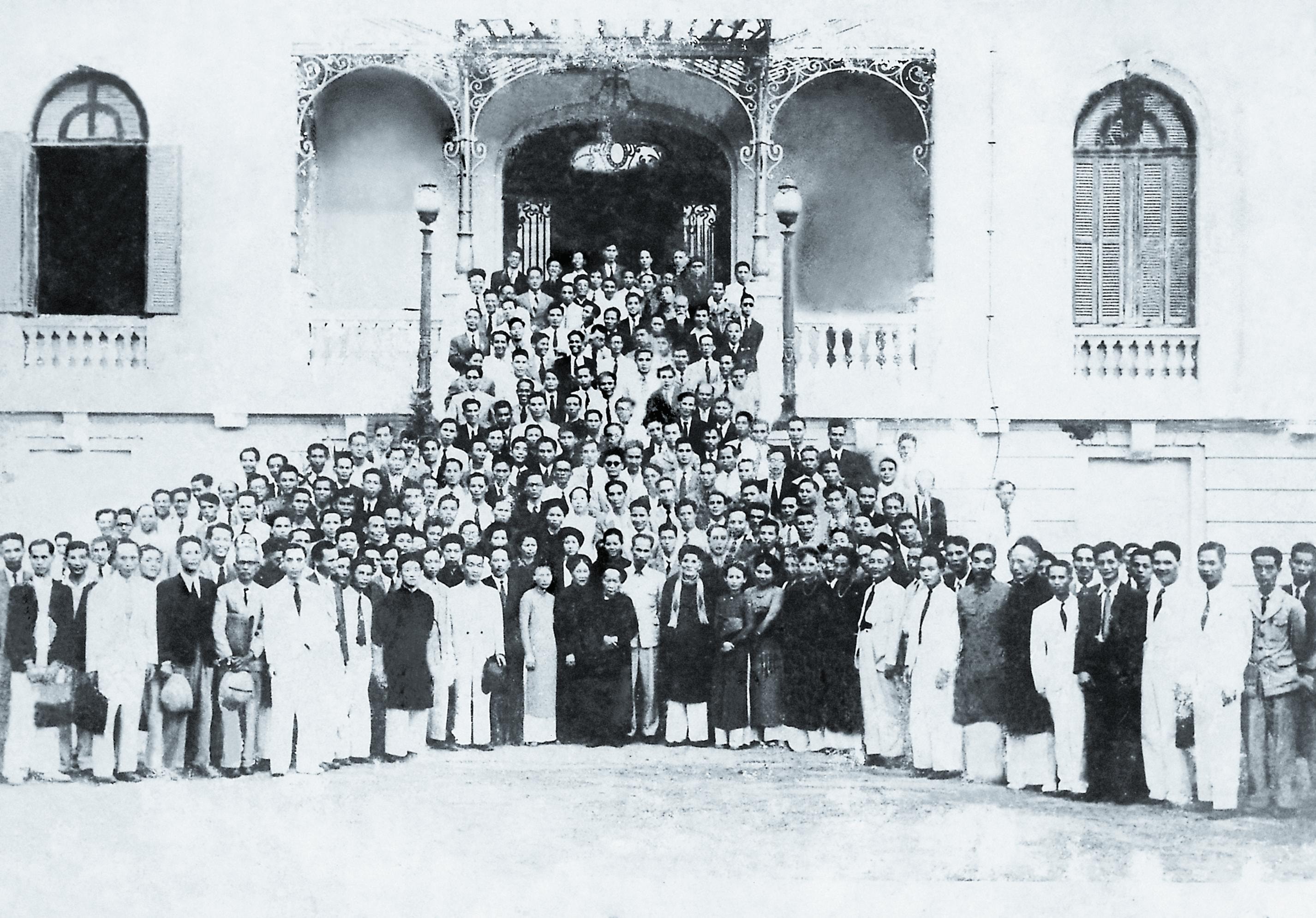
8 months later, at the Second Session, from October 28 to November 9, 1946, also at the Hanoi Opera House, with 294 delegates attending (some delegates from the South and South Central regions were unable to attend due to their resistance work). International guests included representatives from the British, American, Chinese, and Swiss consulates, some French officials; American, French, and Chinese reporters... The public had the right to attend the session and had the right to question...
Main developments of the questioning activity
The National Assembly carried out many important tasks, including the question-and-answer session on October 30 and 31. Before the question-and-answer session, the National Assembly listened to the report on the activities of the National Assembly Standing Committee presented by Mr. Nguyen Van To - Head of the National Assembly Standing Committee; the report on the activities between the two sessions of the Government presented by Mr. Vu Dinh Hoe; the special report on the communication between our Government and the French Government presented by Mr. Pham Van Dong; the report of delegate Nguyen Van Tao (Rach Gia province delegation) on the determination of the National Assembly delegates who, together with the people of the South, fought to bring the red flag with the yellow star of the Fatherland back to fly in the land of the South.
The whole hall was extremely moved and excited when President Ho hugged delegate Nguyen Van Tao as if he were hugging the heroic Southern compatriots - the Fatherland's citadel...
During the days of question-and-answer sessions, delegates raised a series of questions in each session. On the afternoon of October 31, the Government received 88 questions. The scope of the questions was quite broad, including politics, diplomacy, military, economics, finance, and even internal order issues...
According to that content, those who answered the questions included: Nguyen Van To - Head of the National Assembly Standing Committee; Ministers Huynh Thuc Khang, Truong Dinh Tri, Tran Dang Khoa, Chu Ba Phuong, Vo Nguyen Giap, Ca Van Thinh, Vu Dinh Hoe, Le Van Hien and the head of the Government - President Ho Chi Minh.
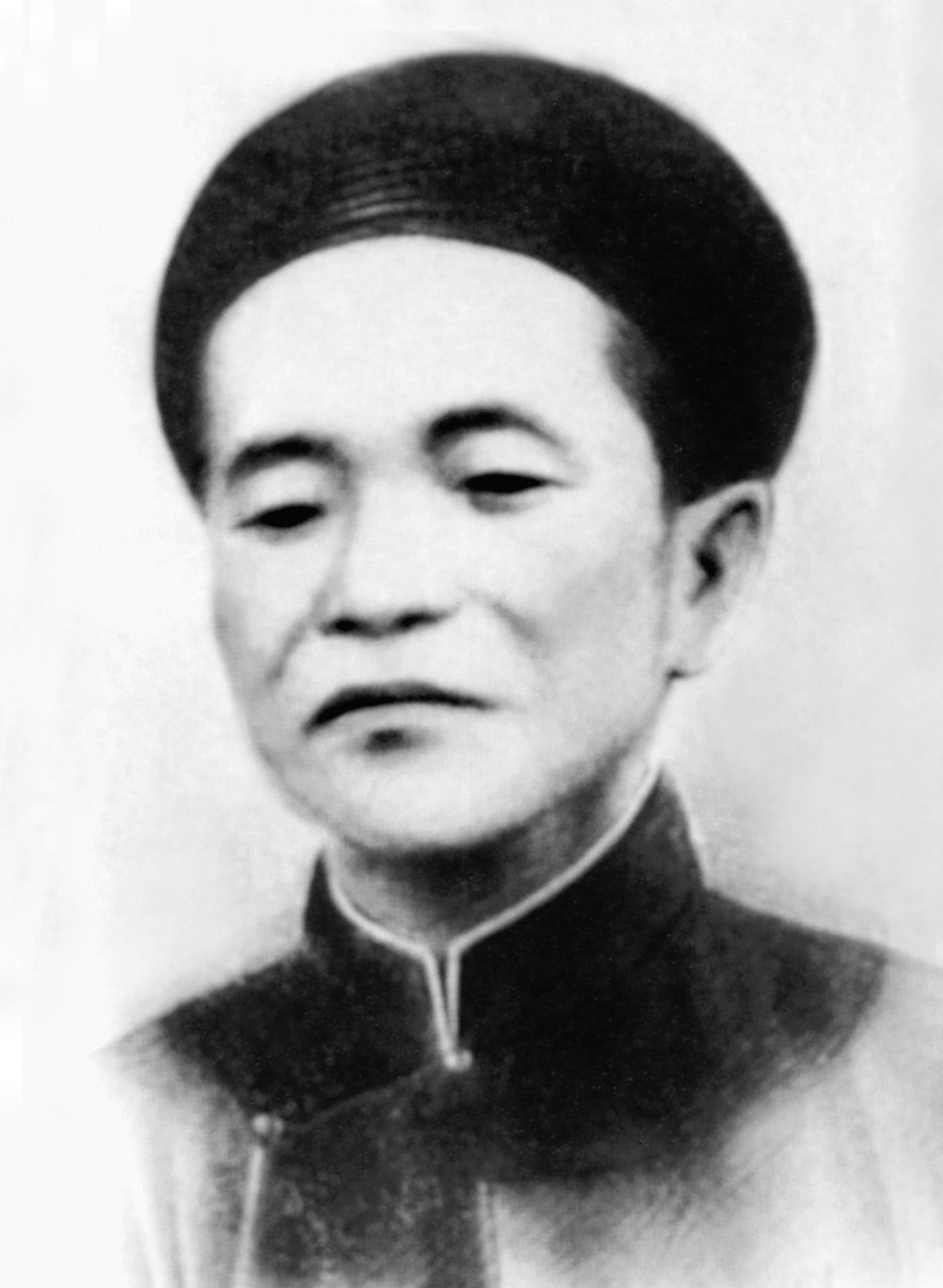
Delegate Le Trong Nghia (aka Doan Xuan Tin) questioned the Head of the National Assembly Standing Committee: During the first session, the National Assembly decided to temporarily keep the red flag with yellow star as the national flag until the second session of the National Assembly, so why did the Standing Committee later bring up the issue of changing the flag for discussion?
Head of the National Assembly Standing Committee Nguyen Van To replied: although the previous session of the National Assembly had made such a resolution, the Government later proposed to the Standing Committee to change a few details on the flag, such as adding a green band outside the yellow star... The Standing Committee received the Government's proposal, and of course had to bring it up for discussion. And as a result, it was determined to keep the red flag with a yellow star. The Standing Committee reported back on that matter, which was not to raise the issue of changing the flag, but to show that the Committee had fulfilled the mandate of the National Assembly at the first session...
The Ministers took turns answering all questions from delegates in each field. The National Assembly works with the spirit of answering all questions, not stopping after the working hours. Therefore, the question and answer sessions on October 31 lasted until late at night.
Finally, President Ho Chi Minh answered and clarified many complex issues of the time. Before answering, he briefly explained the context and his feelings, as well as the way to classify the questions to answer: The current government has been established for just over a year and is still young; the National Assembly has been elected for just over 8 months and is even younger. Yet the National Assembly has posed mature and difficult-to-answer questions, touching on all issues related to the fate of the country. With political maturity and concern for the country, who dares to say that our people do not have the right to independence...
There are many questions with the same meaning, the Government divides them into 2 categories for convenience of answering, which are questions about domestic affairs and questions about foreign affairs. According to the arrangement, military and defense are the most, finance is second, justice is third, then internal affairs and other matters...
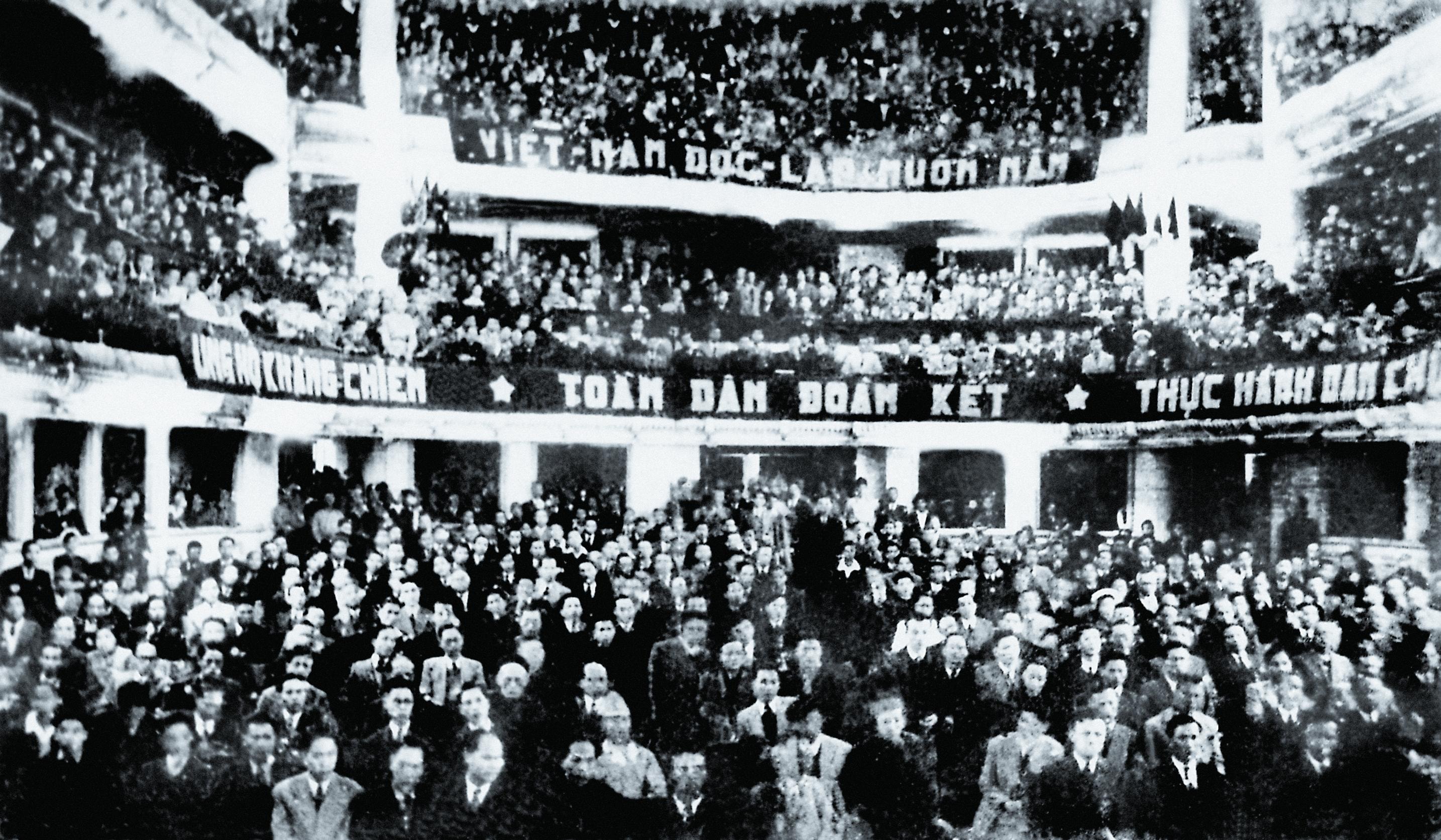
By the late night of October 31, President Ho Chi Minh had answered all the questions. Below are some groups of questions and his answers.
- First of all, about the national flag, he further clarified the answer of the National Assembly Standing Committee Chairman Nguyen Van To: The Government never dared to change it, but because a few people in the Government proposed it, the Government had to submit it to the National Assembly Standing Committee for consideration. The situation from that day until now has changed a lot. The red flag with yellow star has been stained with the blood of Vietnamese soldiers in the South and South Central regions, has traveled from Asia to Europe, and from Europe to Asia, and is respectfully welcomed everywhere. Now, unless all 25 million compatriots request it, no one has the right to demand its change.
- When questioned about some people who abandoned their duties, Uncle Ho answered: the departure of Nguyen Hai Than, Nguyen Tuong Tam, and Vu Hong Khanh (**), when the country was facing difficulties, the people trusted someone to entrust them with important tasks, but they left, then they had to ask themselves their conscience... Those who left showed that they did not want to take on the country's responsibilities, or they did not have the capacity to take them on. Now that we do not have them here, we can still carry them on as usual. But if those brothers think again and return, we will still welcome them.
- Answering questions about integrity for some members of the Government, Uncle said: A delegate asked about the fact that Minister of Economy Chu Ba Phuong went to the Fontainebleau Conference in France to smuggle gold, was discovered by French authorities and reported by French newspapers, what is the truth? The French newspapers reported, but whether the news was true or not, time has passed, so let me not mention it again. The current Government has tried to be honest. But in the Government, from Ho Chi Minh to those working in the village and commune committees, there are many and complicated. Although the Government has tried its best to set an example, if setting an example fails, the law will be used to punish those who take bribes - have been punished, are being punished and will be punished until the end.
- Answering questions about diplomacy, Uncle Ho said: We are extremely friendly with democratic countries. As for diplomacy with France, since signing the Preliminary Agreement on March 6, through the Dalat Conferences and the Fontainebleau Provisional Agreement on September 14, we have reported a lot. The Government is determined to maintain the independence and unity of Vietnam, and at the same time cooperate honestly and friendly with France. Of course, the French must also cooperate with us on the principle of equality...
The questioning session ended after 11:00 p.m. on October 31, 1946.
Initial experiences in questioning activities of the first National Assembly
It can be said that, with the 80-year history of the National Assembly's questioning activities, today, although both content and form have been improved and innovated, it still bears all the positive marks of the first questioning session of the 1st National Assembly.
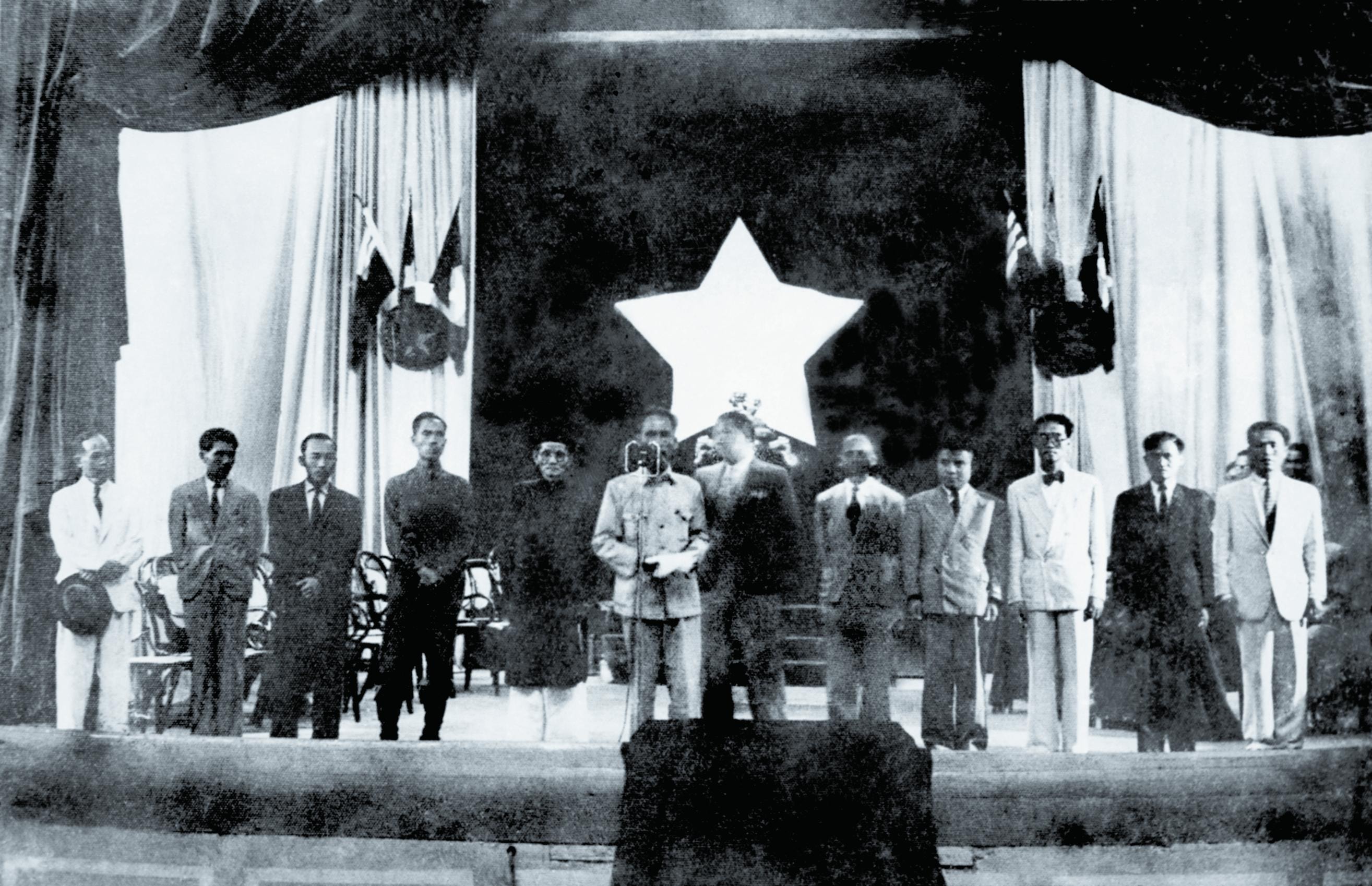
That is: all “subjects” being questioned must be present in full at the questioning sessions, including the Head of the Standing Committee and members of the National Assembly Standing Committee; the head of the Government and members of the Government. This demonstrates the discipline, legality, solemnity and prestige of the National Assembly in its activities.
Before each question and answer session, the questions are collected and classified by field by the meeting secretary and then sent to the person being questioned. This method was initially scientific and has been perfected until now.
The sudden questions during the interpellation session were still fully answered. For example, when delegate Tran Huy Lieu raised the issue of equality in the September 14th Provisional Agreement, President Ho Chi Minh explained that in that provisional agreement, each side made a little concession, we guaranteed economic benefits to France, then France also had to guarantee the implementation of freedom and democracy in the South and release imprisoned patriots. As for saying France was dishonest, we also had to distinguish between good and bad people. I can affirm that the vast majority of the French people supported our independence and territorial unification...
The way to answer such sudden questions, nowadays many questions are expressed in the debate section (debate between the delegate and the person answering the question and debate between delegates on the same issue). President Ho Chi Minh's way of answering questions is a scientific working method, with lasting value. With nearly a hundred questions in the final question session, he quickly classified them into two groups: domestic affairs and foreign affairs.
In the internal affairs group, he divided the questions according to content and number (National Defense, Finance, Justice, Internal Affairs...). This way of answering made it easier for delegates (especially those with questions) to absorb, be enthusiastic and comfortable... With this experience, since the renovation, the National Assembly has questioned by groups of issues, by topic, by field... bringing about more outstanding efficiency and effectiveness...
Questioning and answering questions, a form of supervision, right from the first sessions of the 1st National Assembly has brought about positive results, encouraging heads of state agencies to enhance their sense of responsibility and fully carry out the two strategic tasks of resistance and successful nation building.
Building on that achievement, today, through questioning activities along with other forms of supreme supervision, the National Assembly has initially effectively and efficiently controlled state power according to the assignment of the 2013 Constitution.
(*) Article based on documents: Complete National Assembly Documents, Volume 1, 1945 - 1960, National Political Publishing House, Hanoi 2006; History of the Vietnamese National Assembly 1946 - 1960, National Political Publishing House, Hanoi, 1994.
(**) Nguyen Hai Than, Nguyen Tuong Tam, and Vu Hong Khanh abandoned their duties and left the country for China; later Nguyen Tuong Tam and Vu Hong Khanh returned to the French colonial area.
Source: https://daibieunhandan.vn/huong-toi-ky-niem-80-nam-ngay-tong-tuyen-cu-dau-tien-bau-quoc-hoi-viet-nam-6-1-1946-6-1-2026-khoi-dau-hoat-dong-chat-van-cua-quoc-hoi-viet-nam-10387459.html


![[Photo] Prime Minister Pham Minh Chinh attends the World Congress of the International Federation of Freight Forwarders and Transport Associations - FIATA](https://vphoto.vietnam.vn/thumb/1200x675/vietnam/resource/IMAGE/2025/10/08/1759936077106_dsc-0434-jpg.webp)
![[Photo] Prime Minister Pham Minh Chinh inspects and directs the work of overcoming the consequences of floods after the storm in Thai Nguyen](https://vphoto.vietnam.vn/thumb/1200x675/vietnam/resource/IMAGE/2025/10/08/1759930075451_dsc-9441-jpg.webp)




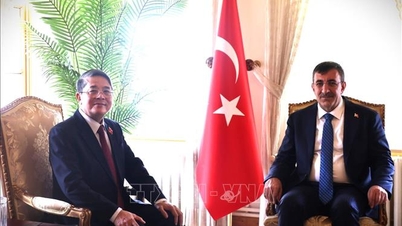




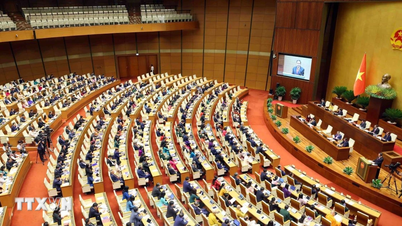





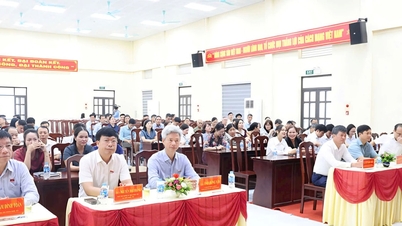


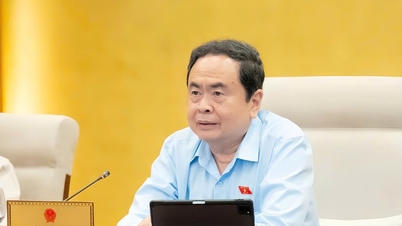









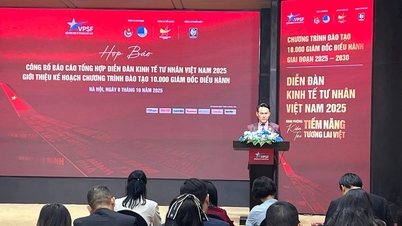
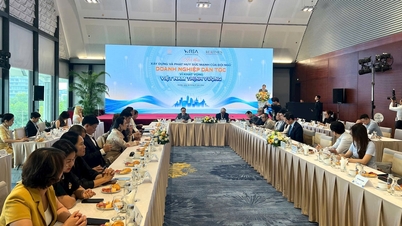
![[Photo] Closing of the 13th Conference of the 13th Party Central Committee](https://vphoto.vietnam.vn/thumb/1200x675/vietnam/resource/IMAGE/2025/10/08/1759893763535_ndo_br_a3-bnd-2504-jpg.webp)




























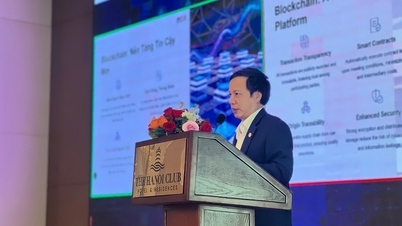








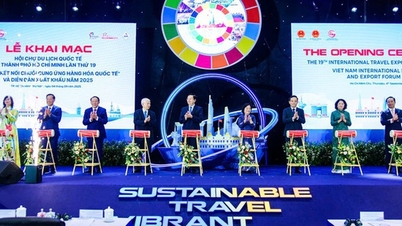










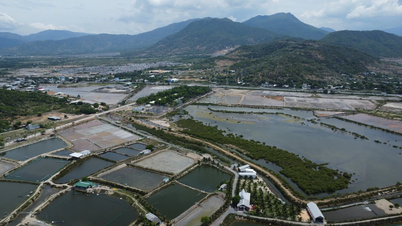

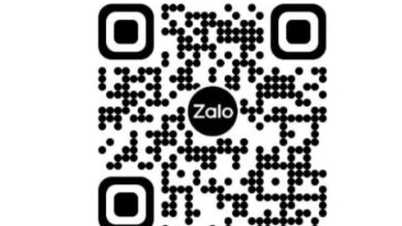
















Comment (0)